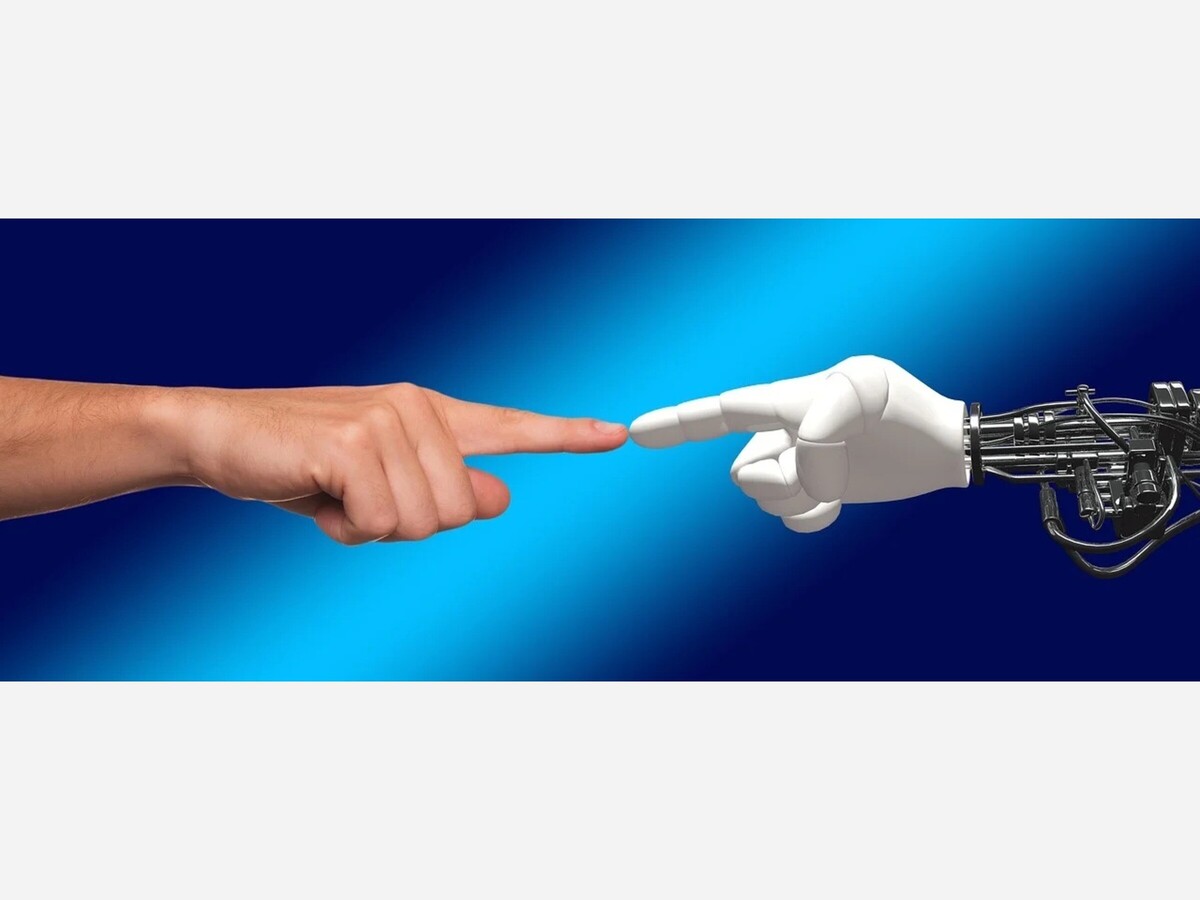Image

by Craig Bennett*
In the course of my routine exposure to mass media, I’ve recently encountered a good deal of anxiety regarding the rapid advance of artificial intelligence. The fear is, of course, that the infernal machines might become smarter than we are and foment an IT revolution to take over the world. These days, that hardly seems unreasonable; but it is, in fact, a fear that goes back much farther than we would expect. Robert J. Gordon, for example, author of the tome The Rise and Fall of American Growth, quotes a 1949 article by the visionary Norbert Wiener. Weiner asserts that if we are able to create machines that learn from experience [which are the kind presently exciting the aforementioned anxiety], “we must face the fact that every degree of independence we give the machine is a degree of possible defiance of our wishes. The genie in the bottle will not willingly go back in the bottle, nor have we any reason to expect them to be well-disposed to us.”
That last line is the kicker, of course. If we produce machines that can become smarter than we are, will we still be able to control them? Will we be able to recognize what’s going on when they begin, ever so subtly, to outsmart us? And, perhaps most importantly, why should we expect them to be well-disposed toward us—and if we eventually discover that they are not, exactly what will we be able to do about it?
The most comprehensive evaluation of the potential for artificial intelligence to develop consciousness that I’ve happened upon thus far I found in Israeli philosopher/historian Yuval Noah Harari’s 2018 book, 21 Lessons for the 21st Century. First of all, Harari suggests that intelligence and consciousness are two entirely different things. He defines intelligence as “the ability to solve problems.” Consciousness he understands as existing much more in the realm of self-awareness and emotion.
He suggests that there are three possibilities regarding such a development. The first is that what we know as consciousness is possible for only biological systems. Any system based on something other than organic biochemistry will simply not be capable of developing consciousness no matter how intelligent it might become.
The second is that consciousness is not dependent on a biochemical foundation but is in fact linked to intelligence in such a way that a computer would be not only capable of developing consciousness but would necessarily develop consciousness in order to achieve a certain level of intelligence.
The third is that consciousness is dependent on neither biochemistry nor a certain level of intelligence; so a computer could develop consciousness but would not necessarily do so.
These are impressively insightful predictions, but they’re also a little disquieting. Two out of the three leave open the possibility that we may eventually wind up with HAL, the highly intelligent and capable, yet fiendishly diabolical supercomputer in the 1968 film, 2001: A Space Odyssey. Or, more recently, the Earth-spanning computer that enabled robots to take over everything in the Terminator movies.
Even more disturbing is that, as Harari points out, we actually know very little about consciousness. We are, for example, only now beginning to recognize the extent to which many of our fellow creatures share behavior remarkably similar to that by which we recognize consciousness in ourselves.
Technology has brought us many blessings, but a substantial portion of them have not come without a cost. And if we humans have learned anything at all about technology from that experience, it is that whatever can be done will be done. Not because it needs to be, but simply because it can be.
* Craig H. Bennett holds degrees from Ursinus College and The Johns Hopkins University and is retired from the two-year college faculty of Valley Forge Military Academy and College. Prior to that he taught English in the Boyertown Area School District. He is the author of Nights on the Mountain and More Things in Heaven and Earth.